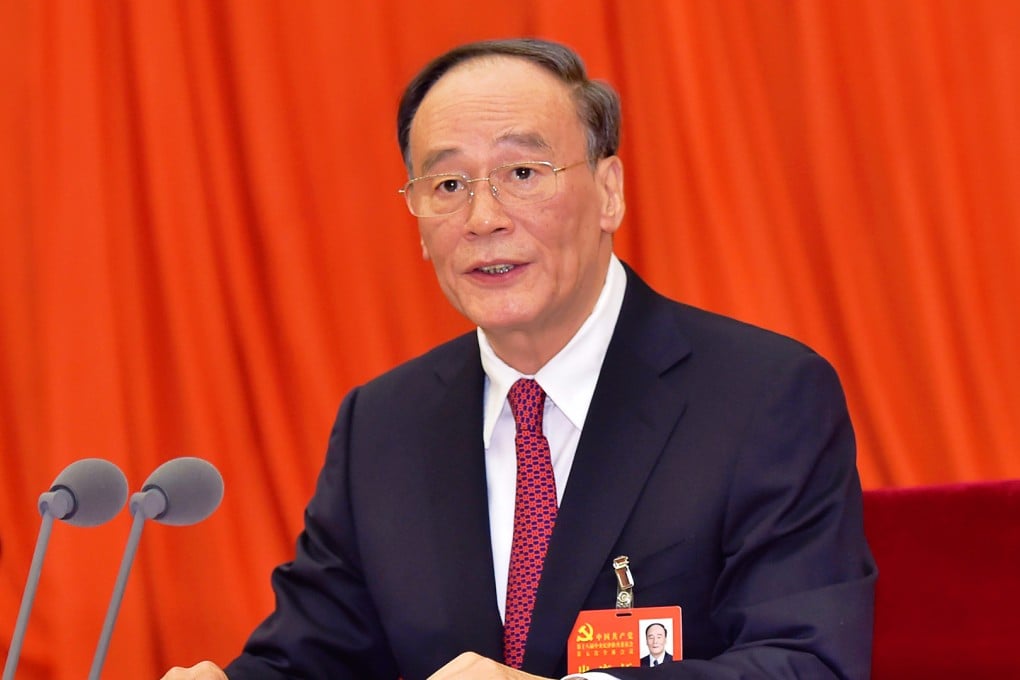China's graft-busters admit corruption drive has hurt Communist Party
Admission by the anti-corruption agency may be a hint at a scale-down

The corruption campaign that has felled several of China's political, military and business giants is a "double-edged" sword, the anti-graft agency said yesterday, its first public acknowledgment of the toll the drive has taken on the Communist Party.
"While it punishes party cadres who have violated discipline and laws, it [also] hurts the organisation, and has caused damage to the party's image," said a commentary published on the website of the Central Committee for Discipline Inspection (CCDI).
"The consequences of punishing every cadre who violates discipline and law hurt the party far worse than the individuals."
The commentary published on Monday triggered speculation the agency might scale back or even halt its drive to bring down "tigers" - a term for top officials. Graft-busters have detained more than 100 cadres at provincial and ministerial levels since President Xi Jinping launched the drive in 2013.
But the campaign is showing signs of slowing down. In April, only one such high-ranking official was held, and the situation was the same in May. Last year, authorities announced at least three high-profile detentions every month.
One anti-corruption expert, however, cautioned against reading too much into the use of the term "double-edged sword".
"It's not saying there is anything negative about the anti-corruption campaign," said Zhuang Deshui , the deputy director of the Clean Government Centre at Peking University. "Rather it says that the anti-corruption [drive] has hurt both party organisations and individuals.
